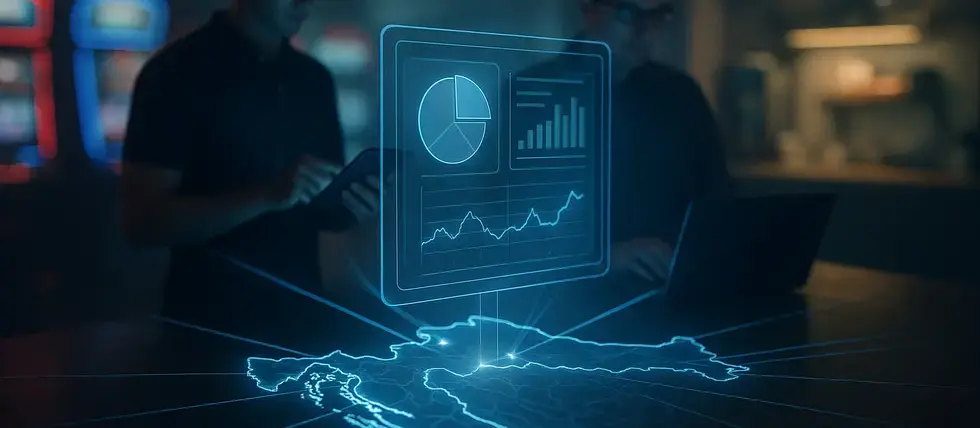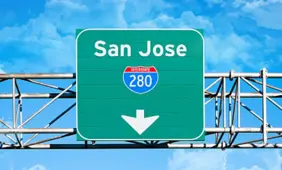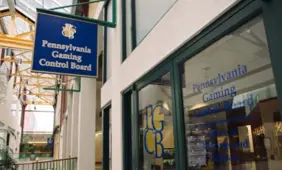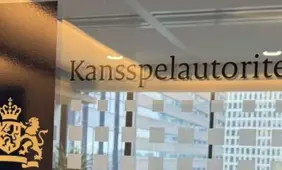New Croatian Gambling Rules Bring Mandatory Self-Exclusion Checks
Croatia has activated a national self-exclusion registry for gamblers, with operators required to connect by 1 January 2026.

The Registar Igrača self-exclusion database was brought online this week and will be overseen by the Croatian Institute of Public Health (HZJZ). The Ministry of Finance has been charged with monitoring operator compliance and enforcing the new rules. All licensed casinos, betting shops and gaming arcades must integrate their identity-verification systems with Registar Igrača by January 1, 2026, the ministry has confirmed.
The rollout forms the first phase of a wider package of reforms pledged by Prime Minister Andrej Plenković and the ruling HDZ party, aimed at tightening oversight of the country’s gambling sector. Under the new regime, venues will be required to run electronic identity checks and cross-reference patrons against the central registry. Staff at gambling premises must carry out onsite identity verification and maintain links with local authorities and the Ministry of Finance to ensure records remain current.
Regulators have also ordered the removal of self-service betting terminals, locally known as kladomati, from cafes, bars and recreational venues. Advertising restrictions are being strengthened: broadcast promotions will be prohibited between 6am and 11pm, and external signage, branding or promotional displays on the exterior of gambling venues will be banned.
Related: EU Body Calls for Croatia to Suspend Gambling Reforms
Operator Integration and Compliance Pressure
The government has presented these measures as a major step toward modernising and securing the Croatian gambling market. According to officials, the goal is to ensure that self-excluded individuals cannot access gambling services through loopholes, venue differences or inconsistent enforcement. To achieve this, operators must embed real-time links between their identity-verification software and the Registar Igrača platform. Those systems must also provide automated alerts when a match is flagged.
While casinos and betting shops have long carried obligations to monitor problematic behaviour, the new rules represent a shift toward uniform, state-managed oversight. In addition to identity checks at entry points, venues must maintain electronic records that can be accessed by both local authorities and national regulators. Failure to integrate with the registry, or to conduct mandatory checks, will expose operators to fines and potential licence action.
Industry representatives say the technical workload is considerable. Integrating existing systems with a new national platform will require software reconfiguration, staff training and new compliance protocols across hundreds of venues. Several operator groups have already raised concerns about the transition timetable, warning that the short lead-in period could pose operational challenges as the January deadline approaches.
Tax and Licensing Changes Ahead
The activation of the self-exclusion registry is only part of a broader set of reforms scheduled to take effect in 2026. The Ministry of Finance has confirmed significant increases to licence fees and gaming taxes across land-based and online sectors. Land-based casino licences will increase from €400,000 to €600,000, while online gambling licence fees will rise from €265,445 to €398,168. The fee for land-based betting shops will move from €132,722 to €200,000.
Gambling winnings will also be subject to a sliding-scale tax, starting at 10 per cent for prizes up to €1,500 and rising to 30 per cent for winnings above €70,000. The government estimates the combined measures will generate an additional €50m to €70m annually. Roughly 11 per cent of that revenue is earmarked for addiction prevention and treatment, with the remainder routed toward education, civil society initiatives and social programmes.
Finance officials frame the changes as a shift toward European-standard regulation, with a focus on consumer protection and financial transparency. “These reforms represent a new phase of socially responsible oversight”, the ministry said in a statement, emphasising safeguards intended to reduce exposure to gambling and improve harm-reduction measures.
More Regulation
Industry Pushback and EU Scrutiny
Not all stakeholders are convinced. The Croatian Association of Gambling Operators (HUBPS) has warned the combined tax increases, advertising restrictions and compliance burdens could threaten up to 15,000 jobs across the sector. Operators argue that rising regulatory costs may make smaller venues commercially unviable, particularly in rural regions.
European industry bodies have also intervened. The European Gambling and Amusement Federation (EUROMAT) has submitted a formal objection to the European Commission, arguing that Croatia failed to notify amendments to the Gambling Act under the TRIS procedure. The trade body contends that elements of the reform package qualify as “technical regulations” under EU Directive 2015/1535 and therefore require notification before implementation.
For now, the government appears committed to pressing ahead. With the self-exclusion registry now live and operators facing a firm January 2026 deadline, Croatia’s gambling market is entering a period of accelerated regulatory change that will reshape how gambling is offered, monitored and enforced nationwide.
RELATED TOPICS: Regulation
Most Read
Must Read
 Interviews
Interviews
Exclusive Interview: Levon Nikoghosyan Shares AffPapa Winning Formula for Successful iGaming Events
Dec 03, 2025 Interviews
Interviews






Review this New Post
Leave a Comment
User Comments
Comments for New Croatian Gambling Rules Bring Mandatory Self-Exclusion Checks